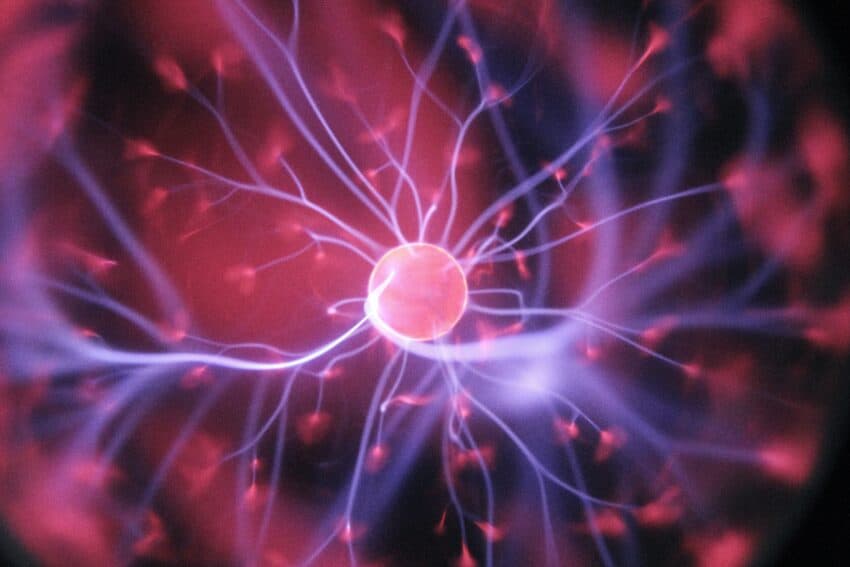All three explore the same essential concepts; that ancient myth is the embodiment and repository of the value system that underlies culture. Ancient myths also contain the embodiment of the universal human experience and are populated by individuals who are themselves the embodiment of archetype. Carl Jung, a Swiss psychoanalyst born in 1875, referred to this embodied universal human experience as the “collective unconscious.” Bibliodrama uses ancient scriptures as a vehicle to explore this collective unconscious, often at the archetypical level.
Carl Yung was a contemporary of Sigmund Freud. Born in Austria in 1856, Freud was a neurologist who is often thought of as the grandfather of psychoanalysis. Virtually all therapists in the United States learn of Freud’s theories at some point during their training. They also learn of the theories of many of his students, contemporaries and/or co-equals, such Fritz Perles, Erich Fromm, Carl Rodgers, Abraham Maslow and of course Carl Jung. Each of these later individuals adapted, modified or rejected much of what was taught by Freud. Psychodrama’s J.L. Moreno is a lesser known but no less influential psychiatrist who can also be added to this list.
Along with Freud, Carl G. Jung (1875-1961) also explored and studied the human unconscious. Unlike Freud, Jung did not believe that religion was superstition, not did he believe that humans were exclusively and uncontrollably driven by unconscious drives. In developing his theories, Jung thoroughly explored and investigated myths, dreams, symbols, and archetypes. He believed that in these laid the blueprint of humanity and formed a bridge from modernity to ancient traditions. In doing so, Jung coined the phrase “collective unconscious” in part to describe collective psychic dimension. This dimension creates and forms the architype, and these architypes populate and reflect the whole of content of the collective unconscious.
According to Jordan Peterson, over the course of eons, we as human beings have figured out what’s true when we’re successful and when we’re unsuccessful. To help share this information with others, we’ve collectively created stories that have been extracted or derived from human experience over thousands or tens of thousands of years. These stories became myths that describe both a “fundamental pattern of success and a fundamental pattern of failure.” Along with Joseph Campbell, Peterson believes that the typical hero myth involves a hero who establishes order in the midst of chaos. He/she is willing to sacrifice the “normal life” to venture into the chaos, “slay the dragon” there, and then bring back its pieces to benefit those that inhabit the place from which he came.
Jordan Peterson believes that these architypes and the attendant collective unconscious are embodied within many of the most ancient myths, such as The Epic of Gilgamesh, the Genesis creation story, the Enuma Elish, the Bhagavad Gita, the story of the Buddha and his walled garden and others. These stories help the listener/reader understand a culture’s most important values. These stories are written and spoken expressions of the collective unconscious and the architypes that it forms and are formed by it. While these stories may have been born in different cultures, they all share similar archetypes and meta-narratives. Peterson believes that myths are not mere stories. Instead “they’re formative archetypes that shape human perception, teaching us how to move from the chaos of raw existence to the order of productive individualism.”
Both the Hebrew and Christian Bibles are filled with stories that reflect this collective consciousness of the human experience. They too are filled with architypes. Some may argue that these books, more than any other, and have themselves contributed to the collective unconscious, especially in the West. Participants in Bibliodrama are therefore able to tap into this ancient expression of our collective unconscious and thereby to explore the very essence of what it means to be human. Participants also become more fully aware of the power of these stories and their relevance to modern life. Jordan Peterson, Carl Jung and Bibliodrama all therefore explore the same thing; the depths of the human psyche, the creation of cultural and individual value and the importance of myth as the firmament of our existence.

